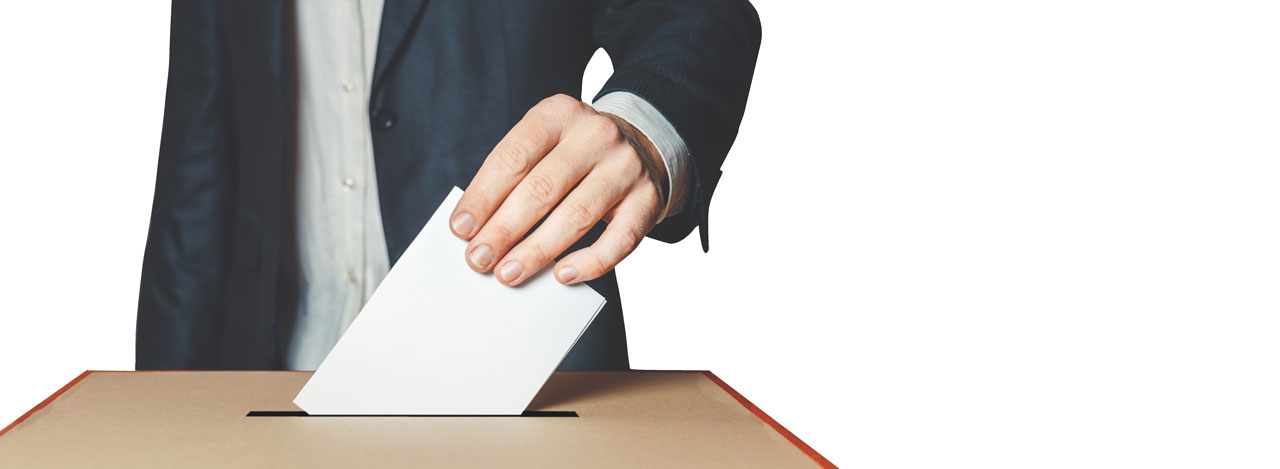In 2013, the state of Illinois passed a law allowing for so-called “medical marijuana.” On Nov. 6 of this year, Illinois voters will likely consider a measure that would set the stage for recreational use. That means in just five short years, Illinois could go from so-called “medical” toward full-blown recreational use.
Unless Oklahoma voters reject State Question 788 on June 26, Oklahoma will make its own first step toward marijuana legalization. This ballot measure, though, would not represent a baby step, but rather one giant leap for marijuana.
While SQ 788 is promoted as “medical marijuana,” a closer look reveals it is far more than that. Allow me to illustrate, with facts obtained by the Baptist Messenger. SQ 788 is not truly medical marijuana for these reasons and more:
• “Unlike a normal doctor’s prescription, a medical marijuana license under SQ 788 lasts two years.”
• “In addition to MDs and DOs, five other types of physicians (including veterinarians, dentists, optometrists, podiatrists, and chiropractors) will be able to sign a medical marijuana license. There is no requirement for these physicians to have attended medical school.”
• “SQ 788 does not restrict medical marijuana to certain conditions. The threshold for justifying a medical need is extremely low as a patient only has to ‘articulate a medical need’ to qualify. Simply saying you have frequent headaches could grant a license.”
Therefore, even those Oklahomans who may favor the policy idea of medical marijuana still should be skeptical of SQ 788.
The large number of medical professionals, business and faith leaders who have spoken against SQ 788 is impressive.
Kevin Taubman, immediate past-president of the Oklahoma State Medical Association put it succinctly: “This question is too broad and does not have the support of the medical community.”
Southern Baptists including Hance Dilbeck, executive director-treasurer of the Baptist General Convention of Oklahoma, and Russell Moore, president of the Southern Baptist Convention’s Ethics & Religious Liberty Commission, have spoken against the measure.
Dilbeck said, “The rising popularity of marijuana in America is a major concern. While we understand and agree with the desire to find ways to alleviate suffering through medicine, medical marijuana is an unproven and unwise method, especially the way this state question proposes it be used and distributed.”
Moore said, “Every state should seek to protect its people from the trafficking of addictive, mind-altering drugs. Legalizing drugs leaves neighborhoods and schools vulnerable for exploitation. My hope is that Oklahoma will vote down marijuana legalization and continue to put legal barriers between addiction and the communities it devastates.”
Unless these facts about how SQ 788 is not truly “medical marijuana” become known, and unless the wise voices of opposition are heeded, Oklahoma soon will become one of several states to experiment with legalized marijuana use in some form.
For these reasons and more, on June 26, Oklahoma Baptists and others should just say “no” to SQ 788.






